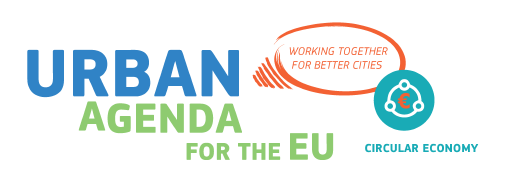Social impact bonds
A social impact bond (SIB) is a relatively new and innovative financing instrument that enables private investments in projects that contribute to tackling societal challenges. The return or repayment of the investment is contingent upon the achievement of the social outcomes of the project, which means that the private investors bear the financial risks of the project.
Social impact bonds are issued by public sector entities or governmental authorities. On a project level, the public organisation works in close collaboration with the implementing entities (usually social enterprises), the investors, and sometimes with intermediaries. Social impact bonds aim to create long-term results with sustainable impact.
Social impact bonds are also known as ‘pay-for-success bonds’, ‘social benefit bonds’, or just ‘social bonds’.
Investing in innovative Circular City initiatives
Social impact bonds provide opportunities for city governments to raise funds to invest in innovative circular city initiatives without financial risk. SIBs pay out only when the project is completed, and only if it has reached its goals. In other words, social impact bonds allow city governments to achieve a social goal while remaining budget-neutral.
Although clear agreements are needed with the investors on what circular impact is aimed for and how it is measured, the SIB-contract is generally less strict than a regular bond contract. This allows for more freedom in implementing the project; if the implementation is not going as planned, adjustments can be made along the way. This encourages innovation.
ABN AMRO ![]() (NL) and SITRA
(NL) and SITRA ![]() (FI) are examples of financial organisations that offer support to set up SIBs and they also invest in SIBs themselves.
(FI) are examples of financial organisations that offer support to set up SIBs and they also invest in SIBs themselves.






